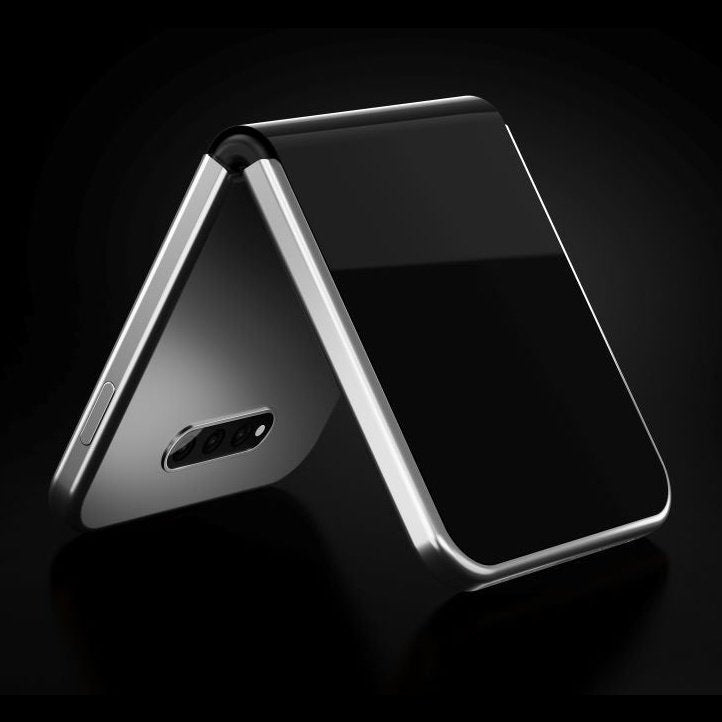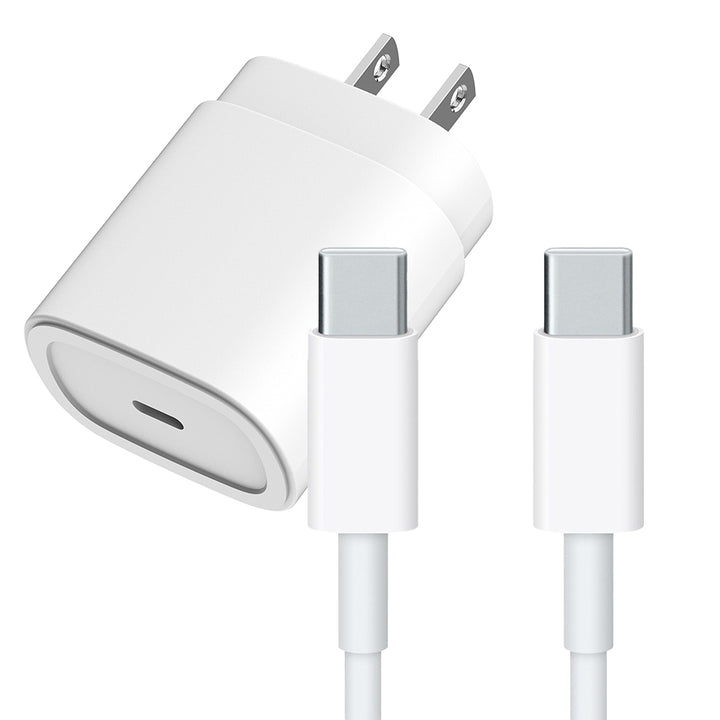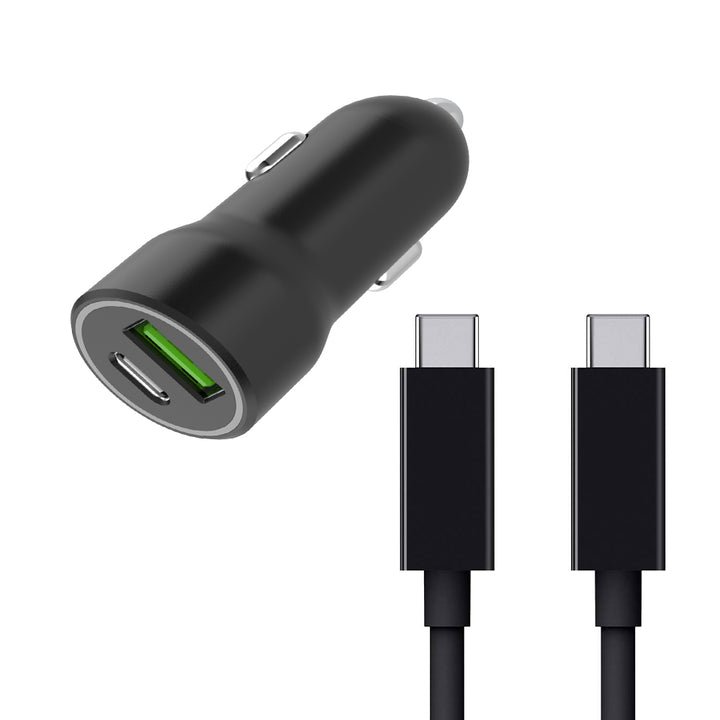Are Folding Phones the Future of Mobile Devices?

The mobile phone industry has witnessed a remarkable evolution over the years, from clunky brick phones to sleek and powerful pocket-sized computers. As technology continues to push boundaries, folding phones have emerged as a bold new concept, offering a unique blend of portability and expanded screen real estate. But are these innovative devices the future of mobile technology, or are they just a passing trend? In this blog, we'll explore the world of folding phones, their benefits, challenges, and the potential they hold for shaping the future of mobile devices.
Featured 4XEM Products

4XEM Qi Wireless Desktop Charger Pad Black
Wireless Charging for Compatible Smart Devices
Learn MoreThe Unfolding Technology: How Folding Phones Work

Folding phones, also known as foldable or flip phones, feature flexible displays that can fold inwards or outwards, transforming a standard-sized smartphone into a larger tablet-like screen. These displays are made possible through advanced materials like flexible OLEDs and innovative hinge mechanisms that allow seamless folding without compromising screen integrity.
The Benefits of Folding Phones
- Enhanced Portability: Folding phones offer the convenience of a smaller form factor, fitting comfortably in pockets when folded. This portability makes them ideal for users who desire a compact device without sacrificing screen size.
- Larger Screen Real Estate: When unfolded, these devices provide an expansive display, catering to tasks like multitasking, gaming, and content consumption. The larger screen size offers a more immersive experience, akin to using a tablet.
- Multimodal Use: Folding phones introduce a new dimension to mobile computing, allowing users to transition between phone and tablet modes effortlessly. This versatility enhances productivity and entertainment possibilities.
- Novelty and Style: Beyond functionality, folding phones boast a futuristic design that captivates tech enthusiasts and early adopters, making a bold statement in the smartphone landscape.
The Challenges of Folding Phones
- Durability Concerns: The primary challenge facing folding phones is their durability. Flexible displays are prone to damage, and early iterations of folding devices experienced issues like creasing, delamination, and display failures.
- Cost and Accessibility: Folding phones often come with a premium price tag due to the innovative technology involved. As a result, they may remain inaccessible to budget-conscious consumers for the time being.
- App and Software Optimization: Developers need to optimize apps and software for the unique aspect ratios and form factors of folding phones. Lack of app optimization can lead to a subpar user experience on the larger display.
- Weight and Thickness: Some folding phones tend to be bulkier and heavier than traditional smartphones, which might not appeal to users seeking ultra-slim and lightweight devices.
The Future Potential of Folding Phones
Despite the challenges, folding phones hold immense potential for shaping the future of mobile devices:
- Technological Advancements: As materials and hinge mechanisms improve, folding phones are likely to become more durable and affordable over time, making them accessible to a broader audience.
- Versatility in Form Factors: Beyond the traditional "clamshell" or "book-style" design, folding phones could lead to new form factors, offering innovative ways to interact with technology.
- Seamless Integration with Wearables: Folding phones could integrate with wearable technology, creating a seamless ecosystem of connected devices that adapt to the user's needs.
- Productivity and Creativity Boost: Larger foldable displays could revolutionize productivity, enabling more efficient multitasking, and fostering creativity through enhanced digital drawing and note-taking experiences.
Folding phones represent an exciting frontier in mobile technology, pushing the boundaries of innovation and design. While they face challenges related to durability, cost, and app optimization, the potential they hold for transforming the way we interact with mobile devices cannot be ignored.
As technology continues to advance, and with the constant push for improved user experiences, folding phones are likely to carve out a significant niche in the smartphone market. Whether they become the predominant future of mobile devices or coexist alongside traditional smartphones, one thing is clear: folding phones have ignited a new wave of creativity and possibilities in the ever-evolving world of mobile technology.
Contact 4XEM Today!


